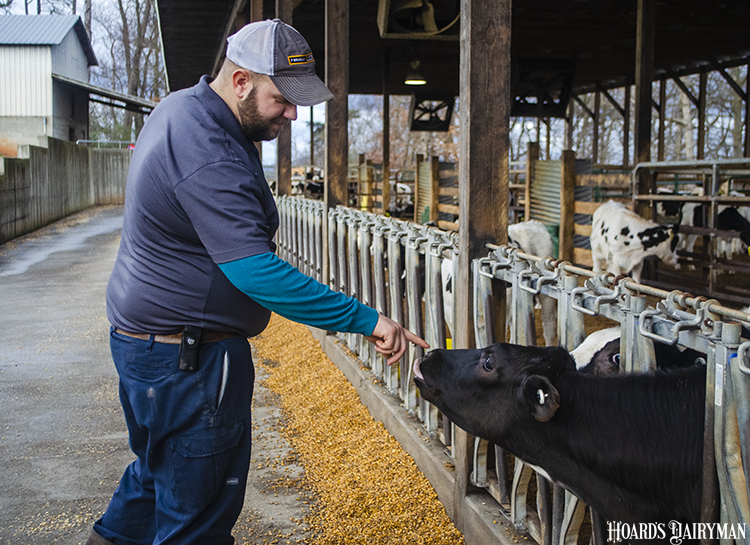
It’s not often that you’ll hear a dairy farmer say, “I have too much good help.” Finding dedicated employees to accomplish everything that must get done on the farm can be time-consuming at the least and nearly impossible at the worst.
That’s why it’s so imperative to retain those good employees once they are hired, especially in a current climate where every business seems to be trying to hire from the same small pool of interested job seekers. How can we retain the good help we find? Bob Milligan, a senior consultant with DairyStrategies LLC and professor emeritus at Cornell University, offers some tips.
Trust, clarity, motivation
In general, managers should recognize that leading people has some “best practices” the same way that milking cows, planting crops, or handling manure does. The difference is that people have emotions. Therefore, best practices have to be built on a foundation of trust.
With trust established in the relationship, we can understand what motivates our employees. Adequate compensation, working conditions, and status are important to keep employees satisfied, and in fact, Milligan emphasizes that compensation in agriculture should be designed to encourage a career-oriented person to stay with the business.
However, he also notes that motivational factors such as a feeling of accomplishment, greater responsibility, and involvement in decision making is what satisfies in the long term and encourages retention. Helping your team feel secure in their work through trainings, effective communication, and promotion opportunities will develop commitment and pride to the business.
On the other hand, feelings of accomplishment will probably be hindered if someone does not fully understand what is expected of them in their role. Creating complete clarity includes explaining every detail and why it is important, allowing opportunities to ask questions, and providing access to the details, such as in a job description or manual.
Effective feedback
When an employee is doing their job well, positive feedback from a supervisor is an excellent motivator, not to mention a self-esteem booster. Therefore, a crucial best practice for leaders and supervisors is to identify specific successes and provide encouraging feedback, Milligan says.
Conversely, a poor performance may call for negative feedback (typically thought of as a reprimand) or redirection feedback if the performance is a result of the employee’s personal characteristics and not simply a lack of training or an unpredictable circumstance. Milligan encourages redirection feedback to “redirect” the employee to success rather than a swift reprimand. “Excellent use of especially positive and redirection feedback will dramatically enhance retention and reduce the need for negative feedback,” he says.
Starts with recruiting
Before we can retain someone at our business, we must hire them. Milligan’s final tip is to ensure we are hiring people we want to retain. This starts with a professional, structured recruiting and selection process that will attract quality candidates to your openings.








